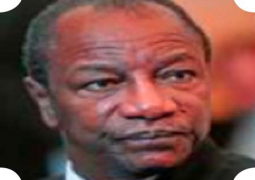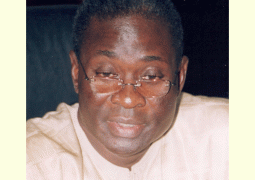Speaking to this reporter at the dining hall of the Paralympic village in a chat with the president of the Gambia paralympic committee, the Gambia National Paralympic Committee, the SG said he had a very good representation at the Africa Paralympic Committee, as the president has been very active trying to follow up the ideas of the movement in Africa.
“We know that each country has different situation since politics, religion, and societies are very different,” he said. “But because Mr Colley is one person with disability he understands the kind of problem, the rights and solutions that can directly influence in the lives of people with disability in The Gambia.”
According to Mr Bejarano, the Africa Paralympic Committee is not talking about sport as an arena to win medals but sport as a tool for the social inclusion of people with disability.
People in Africa, he said, havedifferent points of view about disability but when one person from The Gambia came to win a medal in the Paralympics Games and showed that they are enjoying the games and the paralympic movement maybe that can change the view of other people about disability.
“Maybe the athletes did not come to the Paralympics to win a medal but to represent his country for young people with disability, and the most important thing is for the society of that country to be sensitive about the social problem of the people with disability and to win a medals.
“To be in London and have the Gambian sportswear with the flag on it,” he said, is a lot for the country and for the world because they will know that The Gambia exists and that they are in the Paralympics movement.
He revealed that each country has its own institution, in this case the Paralympics Committee of The Gambia.
In the last general assembly, in Rwanda, “we decided to divide Africa in four communities, French, English, Portuguese and Arab communities. At this moment The Gambia is among the English community.”
He added that the idea of the communities is for the presidents of the NPC to be able to contact the elected president of the English community directly to transmit the problems and the solutions and to implement and develop the Paralympics movement in Africa.
The Africa Paralympics Committee, he said, goes to 54 countries to know what is happening, noting that Paralympics committee of each country must work hard to present a project and ideas also to improve the paralympics sports in that country.
The idea is to know exactly what is happening.
He pointed out that it is impossible to go to The Gambia and know what is happening throughout the country.
He said: “I think at this moment The Gambia and most other countries in West Africa have young talents. Unfortunately in my country Cape Verde, it is not easy to participate at the international level; may be we have athletes with good sports level but The Gambia has participated and sponsors should do something and help the athletes to have good performance in the next Paralympics Games.”



